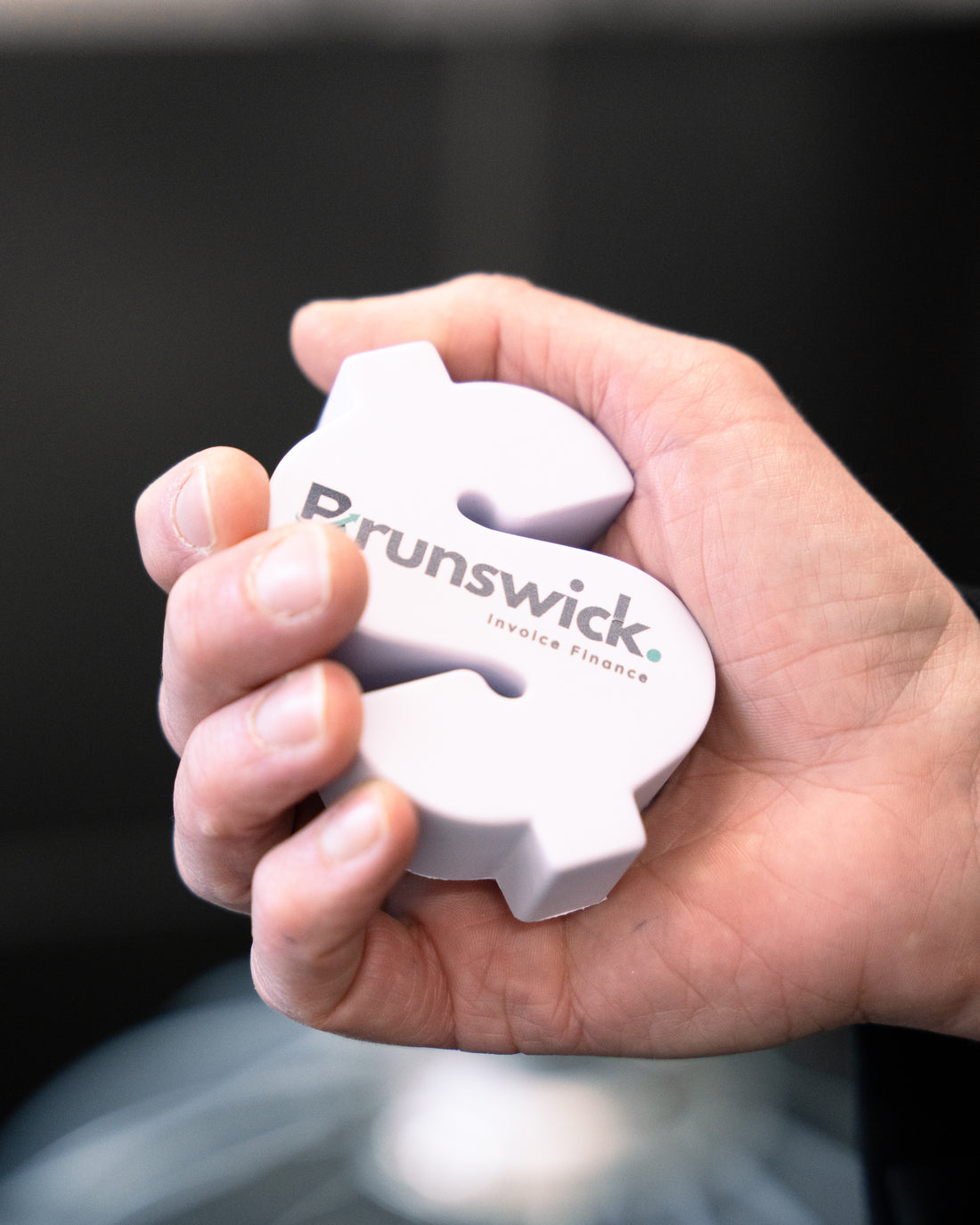
Streamlining Invoice Collection for SMEs: Strategies for Timely Payments
Share
For small and medium-sized businesses (SMEs), cash flow management is crucial to their survival and growth. One common challenge faced by SMEs is getting their invoices paid on time, as late payments can disrupt operations and hinder business success. In this article, we will explore effective strategies that SMEs can employ to ensure prompt payment of their invoices.
- Clear and Concise Invoicing
The first step in ensuring timely invoice payment is to create clear and concise invoices. Include all necessary details such as invoice number, date, payment terms, and a breakdown of products or services provided. Make sure the due date is clearly stated, along with any applicable penalties for late payment. Using professional invoicing software can streamline this process and make it easier for both parties to track and manage payments.
- Set Clear Payment Terms and Policies
Establishing clear payment terms and policies is essential for managing expectations and setting the tone for timely payments. Clearly communicate your payment terms to clients from the beginning of your business relationship. Consider requesting partial or full payment upfront for new clients or large projects. Be transparent about any late payment fees or interest charges to deter delayed payments.
- Follow Up Promptly
As soon as an invoice becomes overdue, it's crucial to follow up promptly. Send a friendly reminder to the client, reminding them of the overdue payment and providing the necessary details for payment. Depending on the situation, you can send an email, make a phone call, or use automated reminders. Polite persistence can often prompt clients to prioritize payment and resolve any misunderstandings or delays.
- Offer Convenient Payment Options
Make it easy for clients to pay their invoices by offering multiple payment options. Traditional methods like bank transfers and BPay are still commonly used but consider accepting online payments through platforms like PayPal or Stripe. These digital payment solutions offer convenience and flexibility, allowing clients to pay invoices quickly and securely.
- Implement an Invoice Tracking System
Managing multiple invoices can become overwhelming, especially for SMEs with limited resources. Implementing an invoice tracking system can help streamline the process and ensure no invoice slips through the cracks. This can be as simple as using a spreadsheet or investing in accounting software that provides real-time updates on invoice status and sends automated reminders for due payments. MYOB, XERO and QuickBooks all have invoicing management options, there are also other individual providers like Bztrack.
- Foster Strong Client Relationships
Building strong relationships with clients can have a positive impact on invoice payment speed. Prioritize communication and maintain open lines of dialogue with your clients. Regularly update them on project progress, send customized thank-you notes, and show appreciation for their timely payments. Nurturing a positive relationship can encourage clients to prioritize paying your invoices promptly.
- Enlist the Help of Professionals
For SMEs struggling with late payments, seeking professional assistance can be beneficial. Consider working with debt collection agencies or hiring a freelance accountant or bookkeeper who can manage your invoicing and collections process. These professionals have the expertise to navigate payment disputes, negotiate with clients, and recover outstanding debts efficiently.
Timely payments are crucial for the financial health and growth of SMEs. By implementing clear and concise invoicing practices, setting clear payment terms, following up promptly, offering convenient payment options, leveraging technology, fostering strong client relationships, and seeking professional assistance when needed, SMEs can improve their chances of collecting invoices on time. Remember, consistent efforts in managing invoicing and collections will contribute to a healthy cash flow, allowing SMEs to focus on what they do best: growing their business.
